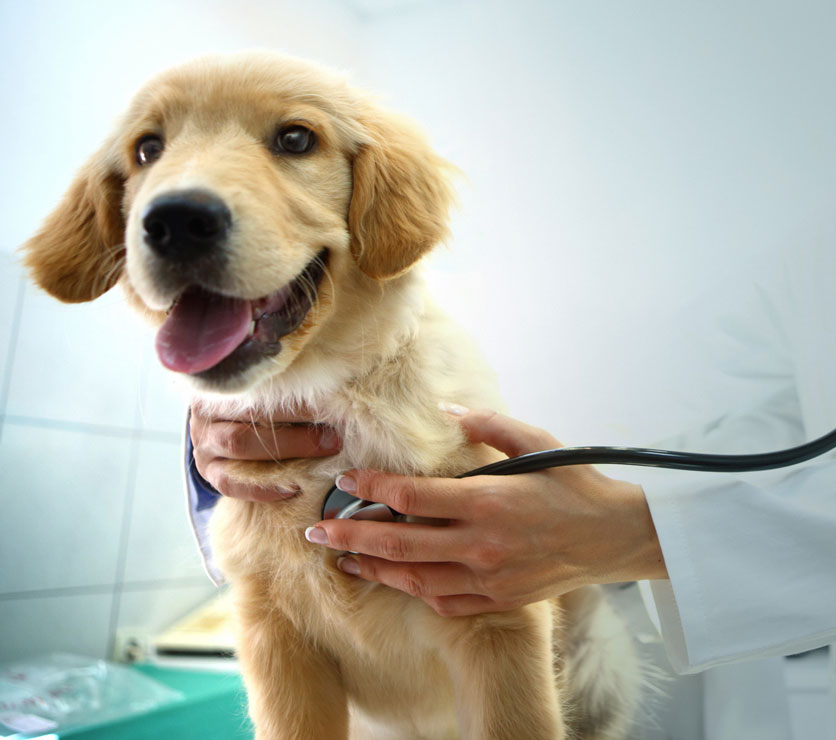Pulmonary Edema in Dogs

Pulmonary edema is the abnormal build-up of fluid in the tissue of the lungs, inside the small sacs called alveoli. That fluid blocks the proper exchange of oxygen to the blood and, ultimately, keeps the body's tissues from being properly oxygenated.
What Causes Pulmonary Edema in Dogs?
Pulmonary edema has many causes in dogs. It happens when fluid from blood vessels and tissue backs up into the lungs due to some abnormal condition. Probably the most common of causes is heart disease (this is called cardiogenic pulmonary edema). Other conditions that cause pulmonary edema include cancer in the chest cavity, electrocution, and trauma such as strangulation or head injury. Pulmonary edema with these causes is called noncardiogenic.
What Are the Signs of Pulmonary Edema in Dogs?
Signs of pulmonary edema in dogs include:
- Coughing
- Labored breathing
- Fast breathing
- Exercise intolerance
- Blue-tinged mucous membranes, lips, and tongue
- Collapse
Other signs may be present that relate to the underlying condition that has caused the pulmonary edema.
How Is Pulmonary Edema in Dogs Diagnosed?
When a veterinarian uses a stethoscope to listen to the chest of a dog that has pulmonary edema, he or she may hear crackles or wheezes in the lungs. If heart disease is present, the doctor may also hear a heart murmur or abnormal heart rhythm when listening to the chest.
Chest x-rays can confirm a diagnosis of pulmonary edema because the fluid is visible. From there, further testing can be done to diagnose the underlying cause.
What Is the Treatment for Pulmonary Edema in Dogs?
When a dog has pulmonary edema, some or all of the following therapies may be necessary:
- Treatment of pulmonary edema involves stabilizing the dog first if necessary. That may require hospitalization and oxygen therapy.
- Antibiotics may be necessary if the veterinarian feels that secondary pneumonia is complicating the dog's condition.
- Diuretic medications can help draw the fluid out of the lungs so the dog can breathe easier.
The underlying condition also needs to be treated aggressively, which may mean other medications and therapies such as supplements and special diets, are necessary.
The dog's prognosis depends on the pulmonary edema's underlying cause.
You May Also Like These Articles:
Congestive Heart Failure: CHF in Dogs
Kennel Cough: Infectious Tracheobronchitis in Dogs
Disclaimer: This website is not intended to replace professional consultation, diagnosis, or treatment by a licensed veterinarian. If you require any veterinary related advice, contact your veterinarian promptly. Information at DogHealth.com is exclusively of a general reference nature. Do not disregard veterinary advice or delay treatment as a result of accessing information at this site. Just Answer is an external service not affiliated with DogHealth.com.


